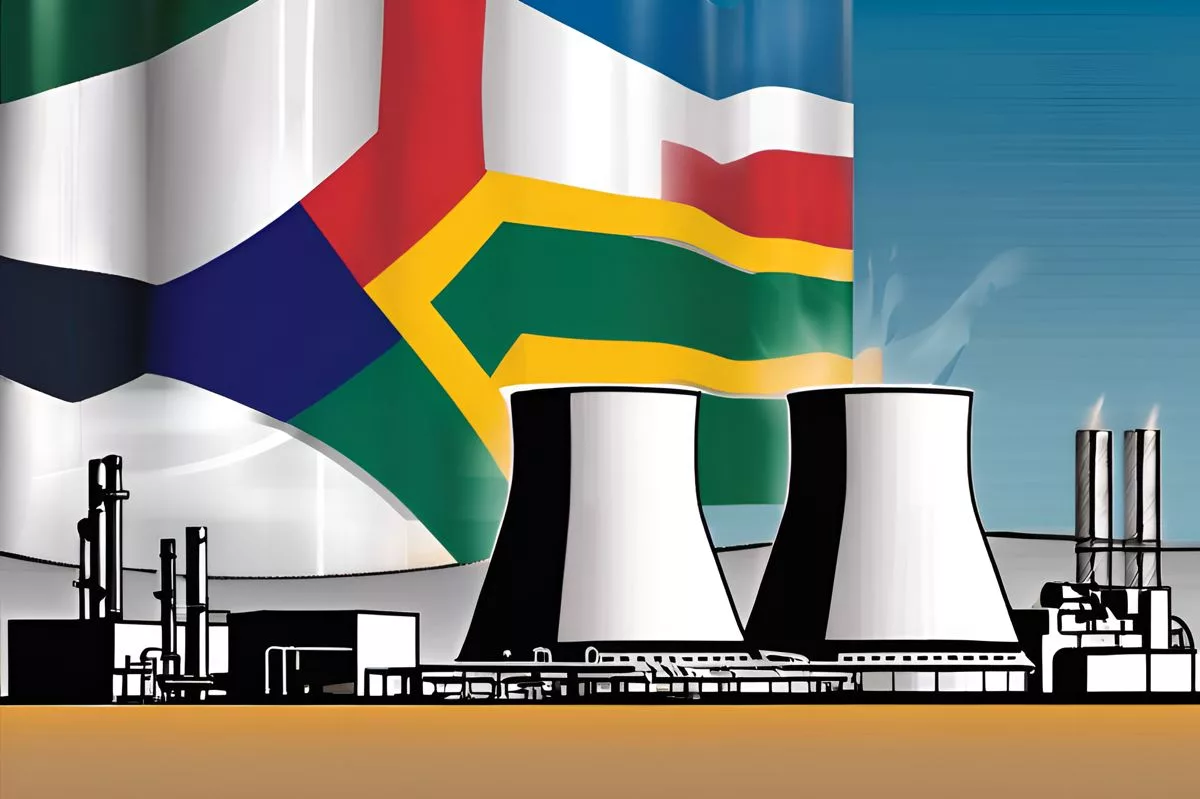National Youth Day in South Africa honors the brave youth who stood up against apartheid in 1976 and continues to celebrate the crucial role the youth plays in the country’s progress. The government is committed to empowering young individuals and transforming them into tomorrow’s leaders through initiatives targeting youth empowerment and job creation. The youth forms over two-thirds of the population, making their involvement not simply desirable but essential for South Africa’s advancement, economic growth, and diminishing social inequalities.
What is the significance of National Youth Day in South Africa?
National Youth Day in South Africa is a day to honor the brave youth who stood up against apartheid in 1976, paving the way for the democracy that exists today. The youth continues to play a crucial role in South Africa’s progress, with government initiatives targeting youth empowerment and job creation. The government is committed to mobilizing resources to empower young individuals and transform them into tomorrow’s leaders.
Reflection on the Role of Youth in South Africa’s History
As the celebration of National Youth Day on June 16, 2024, in Polokwane, Limpopo Province beckons, it becomes fitting to retrospect on the transformative influence of the youth in South Africa’s historical chronicles and the crucial role they’ll take up in steering its forthcoming fate. The day also coincides with Father’s Day, an opportune moment to reinforce family ties and value the essential part fathers play in cultivating the future generation.
In Polokwane’s core, we convene in a stadium christened after Peter Ramoshoana Mokaba, South Africa’s cherished son, renowned as the Lion of the North. Mokaba, a visionary pacesetter among the youth, led the resistance against the apartheid rule. On this remarkable day, we honor him and the courageous youth of 1976 who valiantly stood up against an oppressive regime designed to curb their ambitions.
Their resolute struggles, their sacrifices, and their steadfast resilience were pivotal in molding the democratic South Africa we proudly acknowledge today. They served as the linchpin of the revolution that ushered in our political liberty, encapsulating the principles of non-racialism, non-sexism, and democracy.
The Youth and Political Leadership in South Africa
The antecedents’ legacy paved the way for us to unfalteringly exercise our democratic rights during the 7th National and Provincial Elections, leading to the election of President Matamela Cyril Ramaphosa. Our democracy’s promise was significantly evident in these elections, with the majority choosing two competent women to steer our parliament to unprecedented heights, signifying our unity amidst diversity.
Our nation’s youth forms over two-thirds of the populace, making it the most substantial demographic group. Their involvement is therefore not simply desirable, but rather essential for our nation’s advancement, economic growth, and diminishing social inequalities. Echoing Nelson Mandela’s words, ‘Education is the most potent weapon with which we can alter the world’. To liberate youth towards economic independence, the government has made enormous investments in education, outdoing the UNESCO benchmarks.
The National Youth Development Agency (NYDA) offers crucial assistance to the youth through its job creation and enterprise development schemes. Exemplary individuals like Marumo Masemola and Paralympic athlete Alwande Sikhosana, have taken advantage of these opportunities, setting a precedent for South African youth.
Government Initiatives Targeting Youth Empowerment
The government has initiated several programs to enhance youth involvement in the economy, including the Presidential Youth Employment Intervention, the Presidential Employment Stimulus Programme, and the Employment Tax Incentive. These initiatives have opened doors for over a million participants, with 84% being young individuals.
Despite adversities such as the administrative hurdles at the National Student Financial Aid Scheme (NSFAS), we ensure that every deserving student receives financial assistance. The NSFAS continues to be a critical support pillar for students hailing from poor and working-class families.
South Africa’s future lies in the potential of its youth. Thus, there is an urgency to furnish them with the requisite skills to adapt to the evolving labor market, particularly in the Fourth Industrial Revolution (4IR). This includes enhancing access to ICT infrastructure to bridge the digital divide and enable them to find or develop employment opportunities efficiently.
Addressing Mental Health and Equality among the Youth
In the pursuit of inclusivity, we must also pay heed to the issue of poor mental health among the youth. The societal stigma attached to mental illness, disabilities, and LGBTQI+ must be eradicated to ensure fair participation of all individuals in society.
South Africa’s youth undoubtedly form the nucleus of our nation’s development. The 7th Administration pledges to prioritize their needs and exploit their potential. The sacrifices made by the heroes and heroines of June 16 instill in us a sense of obligation to ensure that today’s youth are well-equipped to transform into tomorrow’s leaders. As a government, we pledge to mobilize resources to craft better opportunities for young individuals.
As we commemorate our accomplishments, we must also commit to tackling these challenges head-on and striving towards a more equitable and inclusive society. Our nation’s youth are our beacon of hope for a superior, prosperous society, as envisaged by the National Development Plan (NDP). Their innovation, entrepreneurship, and professionalism will fuel our nation’s economic metamorphosis.
In summation, we can assert that the youth are not merely the leaders of the future; they are the catalysts of change today. Their active involvement in the socio-economic benefits of our democracy will illuminate a brighter future for South Africa. Therefore, we call on all stakeholders, including business, civil society, and labour to join hands with the government and invest in empowering our youth, the stewards of our nation’s prosperity.
1. What is National Youth Day in South Africa?
National Youth Day in South Africa honors the brave youth who stood up against apartheid in 1976 and continues to celebrate the crucial role the youth plays in the country’s progress.
2. What is the significance of National Youth Day in South Africa?
National Youth Day in South Africa is a day to honor the brave youth who stood up against apartheid in 1976, paving the way for the democracy that exists today. The youth continues to play a crucial role in South Africa’s progress, with government initiatives targeting youth empowerment and job creation.
3. What is the National Youth Development Agency (NYDA)?
The National Youth Development Agency (NYDA) is an organization that offers crucial assistance to the youth through its job creation and enterprise development schemes. It aims to empower young individuals and transform them into tomorrow’s leaders.
4. What government initiatives are targeting youth empowerment in South Africa?
The government has initiated several programs to enhance youth involvement in the economy, including the Presidential Youth Employment Intervention, the Presidential Employment Stimulus Programme, and the Employment Tax Incentive. These initiatives have opened doors for over a million participants, with 84% being young individuals.
5. What challenges do South Africa’s youth face?
South Africa’s youth face challenges such as poor mental health, societal stigma attached to mental illness, disabilities, and LGBTQI+, and the need to adapt to the evolving labor market, particularly in the Fourth Industrial Revolution (4IR).
6. Why is the involvement of South Africa’s youth essential for the country’s progress?
South Africa’s youth forms over two-thirds of the population, making their involvement not simply desirable but essential for South Africa’s advancement, economic growth, and diminishing social inequalities. Their innovation, entrepreneurship, and professionalism are crucial for the nation’s economic metamorphosis and prosperity.












